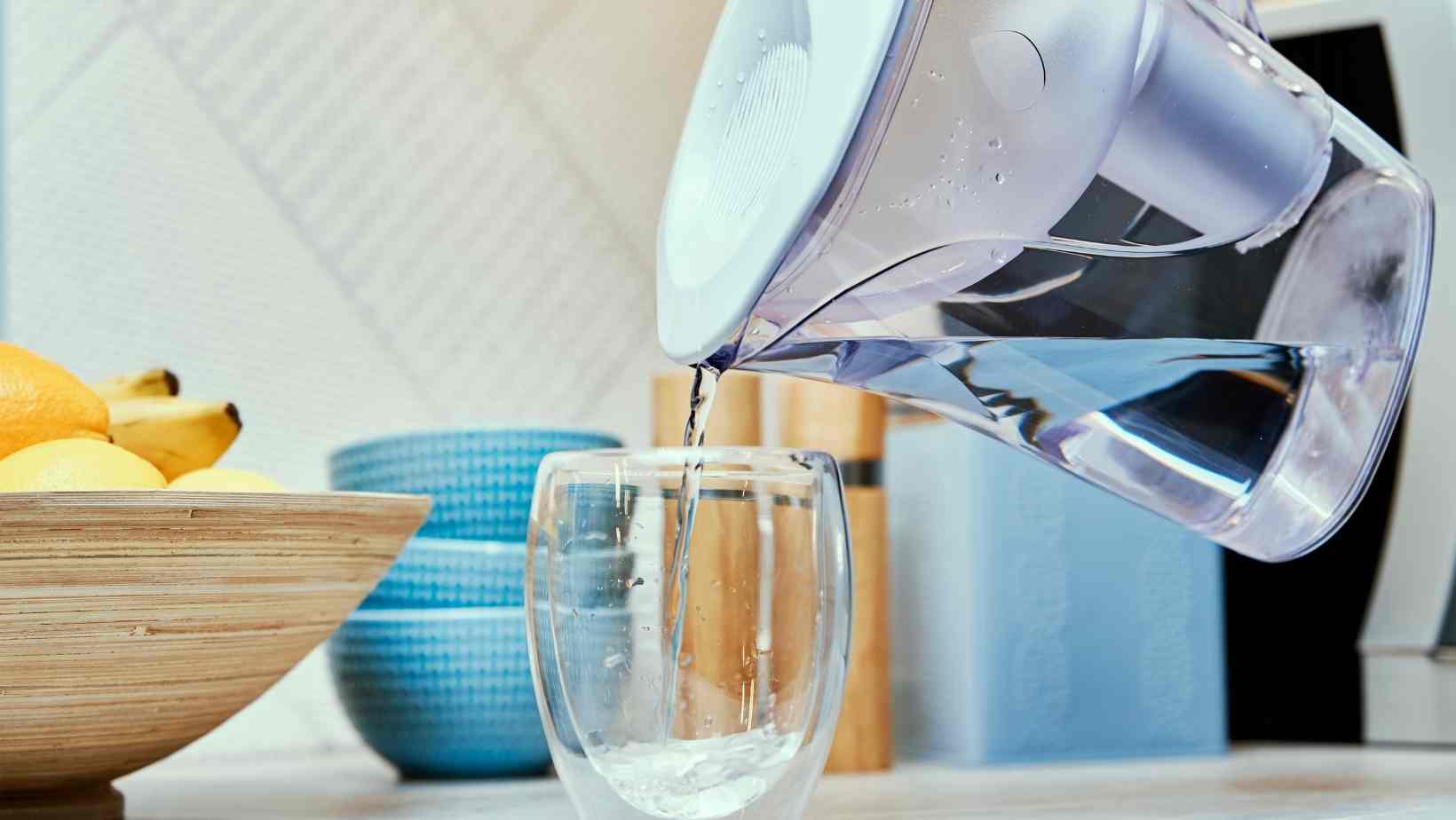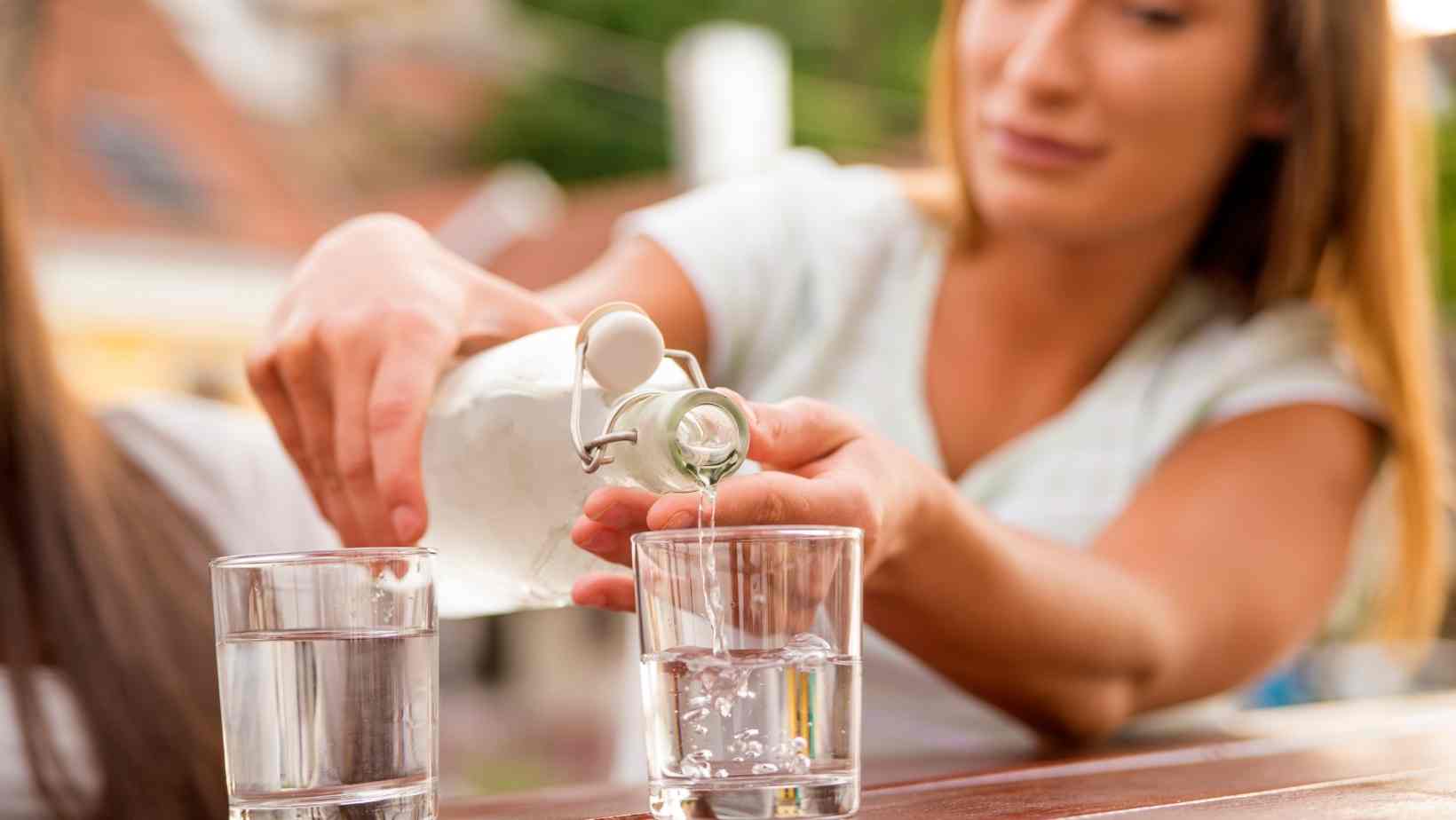What concern could be more justified than having clean water to drink? The water quality we receive in the water supply lines contains toxins that could endanger our health. Water filtration has become a necessity.
Purchasing bottled water is not a truly sustainable option, but it can be used in the short term because, if nothing else, bottled water is at least filtered.
However, bottled water is not the best solution for your water drinking needs. There are climate and environmental risks involved in using plastic water bottles.
This leaves installing a water filtration system as the ideal solution for your clean water problems—a solution that is not only long-term but also ends up saving the environment.

The market is filled with models of water filters from various companies that use different filtering technologies.
There are several types of water filters available, with differences in features and affordability. The technology used in a filtration system is a determiner of how successfully it will remove specific impurities.
Water filtration and Conservation
Storing filtered water is an essential aspect of water conservation. As practical storing water is for times when there is shortage, it is also true that water is a damaging element for your house and for the belongings in it.
Stored water increases risks for mold and mildew, and limits pliability of wood. If you have too much wooden furniture or other belongings lying in the basement, along with your water storage, the better option is to move them out from there into a storage unit.
These precautions must be taken if you are living in a humid state, like Delaware. To avoid your belongings from disintegrating under water and humidity damage, you should move them to storage units Milford DE, which offers all-climate safety.
Types of water filter systems – POE and POU
The water filtration system is classified into two distinct categories based on their pattern of use. Point-of-use, or POU, filters are installed inside the home in faucets, under sinks, and showers. They provide filtered water in the places where they are installed.
On the other hand, the point of entry, or POE, is a multifunctional water filter. POE water filters are installed directly to your home's supply line and offer clean drinking water to all the sublines.
Tips to choose the best home water filters
Here are the top 5 tips on choosing the best house water filter:
Removal of contamination
The principal objective for installing a water filtration system is to remove toxins from tap water and make clean water available. The water at your home might be contaminated with various toxins that can have significant consequences for your health.
So, before you choose a filter, have your water tested at a trusted lab to see what toxins may be present, and then buy the water filtration system that would at least filter out those impurities. The filters on the market remove approximately 40% of the toxins, although some can remove up to 60% of contaminants, and others around 25%. If your water has additional impurities, you should invest in filters with more intensive purification processes.
Filtration rate
When looking for a water filtration system, most people are unlikely to be concerned about the maximum daily filtering rate. However, a discerning customer will surely take note of it. The maximum filtration rate is the amount of filtered water it can generate each day.
So, if your daily water use exceeds the maximum number of gallons yielded by your filter, then you need to invest in one that yields more than, or at least yields as much as, your daily water consumption.
On the other hand, because they are typically more expensive, you should avoid purchasing filters that filter considerably more water than you would need.
Water quality
Your filter should not only eliminate impurities but should also enhance the overall quality of the water. It involves removing unpleasant tastes and odors and maintaining optimum pH balance, while keeping natural minerals intact that are beneficial to your health.

A lack of minerals also causes water to taste bland and increases its acidity. If your water does not contain a high number of toxins, you should consider using active carbon filters that conserve minerals.
Maintenance
Water filter cartridges often need to be replaced after a specific period. On-time replacement is essential, so you must review your water filter guide to decide how frequently you should replace your cartridges.
You should avoid filters that require regular cartridge replacement. Water filters have various maintenance needs, depending on their kind. All filters require maintenance and upkeep, but more complex systems require a lot of it.
Installation and operating costs
Your budget will heavily influence the type of water filter you buy. Many factors influence the cost of a filter, including the number of stages used in treating the water, the filtering rate, storage capacity, etc.
Similarly, the price will be higher if a filter includes a remineralization cartridge. Keep in mind that filters that appear to be pricey at first may be less expensive in the long term.
Final thoughts
A water filtration system is a valuable investment in your health. Hence, installing a filtration system requires some research. Overlooking other variables that should factor into your decision-making when making a water-filtration purchase—aside from filtering out toxins—may cause you to regret your decision later. Following the above tips is a surefire way to buy a water filter that meets all your needs.
